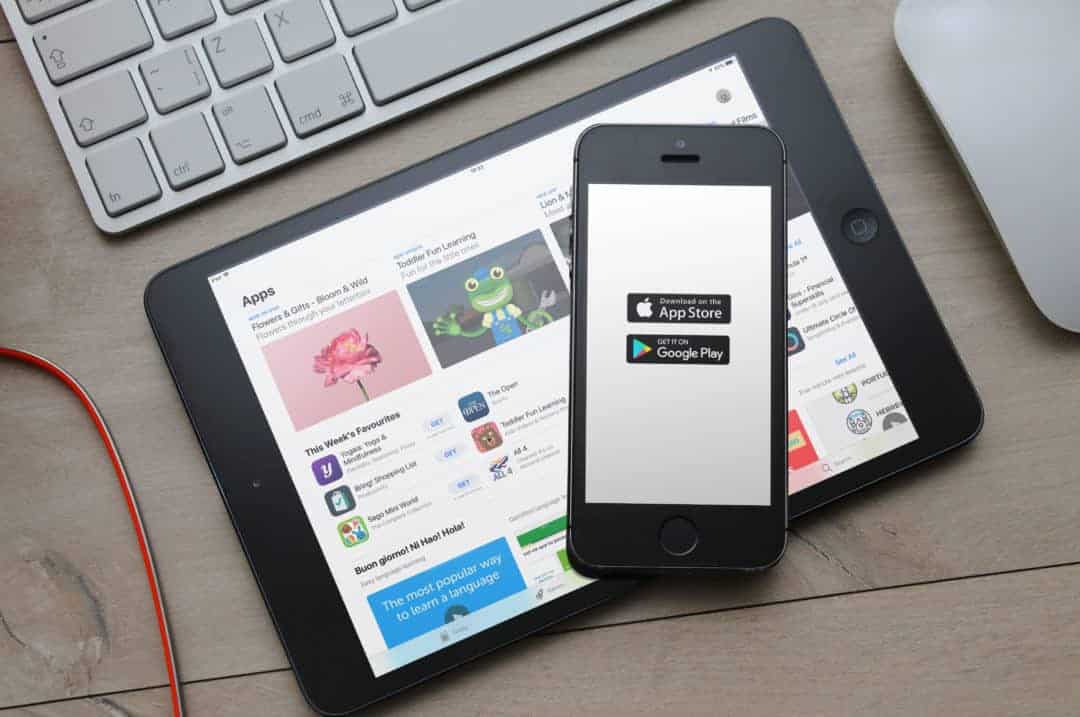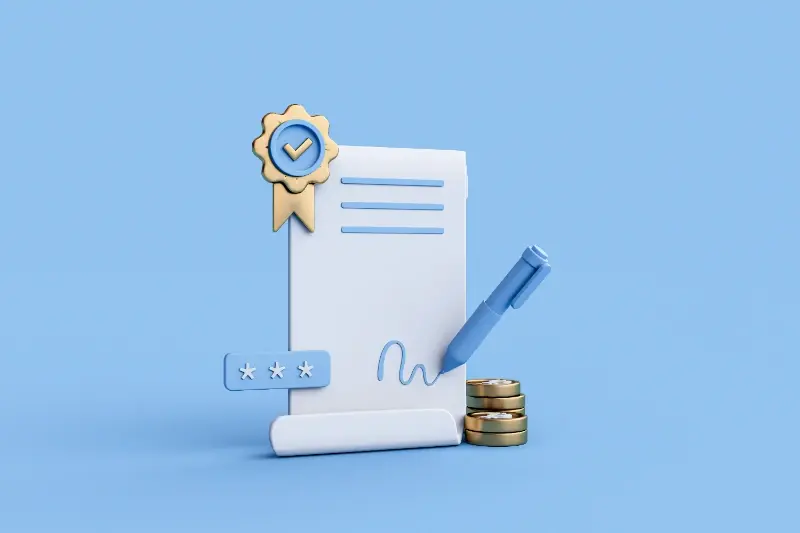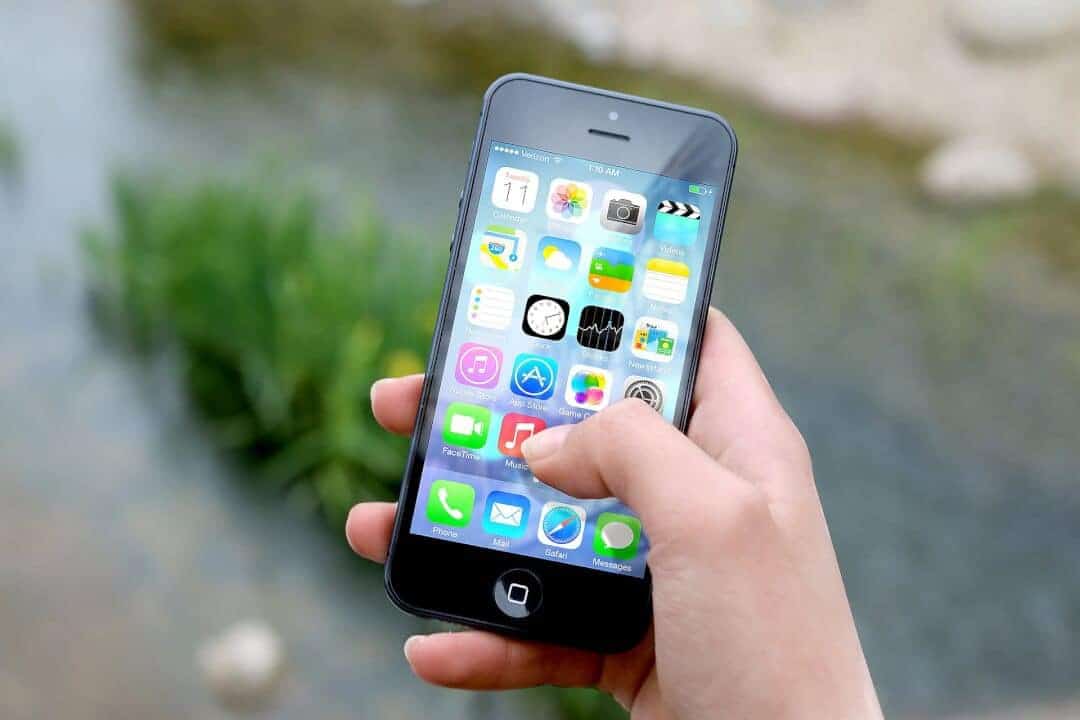Apple App Store vs Google Play Store: How Different Are Their App Store Approval Processes?
As the two major players in the mobile app marketplace, Apple and Google have their own distinct approval policies and guidelines for apps submitted to the Apple App Store and Google Play Store, respectively.
In this article, we’ll explore these requirements and restrictions for luxury mobile app developers to help you navigate these policies when creating and launching your own mobile applications.
Apple App Store: Overview
Apple is known for its strict guidelines regarding approving applications for its App Store, with all applications being reviewed by human moderators following a stringent process. The critical factors in the approval process include:
- App functionality
- Quality and performance
- Content and age suitability ratings
- Metadata and intellectual property
- In-app purchases
- User privacy/data security
- Marketing and promotional materials
All these factors should be carefully reviewed for compliance with Apple’s App Store terms of service, and the App Store Review Guidelines go into depth about each criterion for approval and explain what is allowed and what is not.
Unfortunately, approval is not guaranteed, and rejections are not uncommon in the Apple App Store, as the company emphasises high quality and consistent user experience across all apps. Beyond adherence to guidelines, Apple also carefully evaluates its apps' performance and quality and has been known to reject apps with unaddressed bugs, slow performance, or those that lack a clear purpose.
Apple also requires developers to undergo the same stringent review process for each app update, which is why quality control is essential to ongoing maintenance when using the App Store.
Google Play Store: Overview
Google’s approval processes, while more lenient than Apple’s in some ways, still aim to ensure a safe and engaging environment for users. The foundation of Google’s policies lies in the following:
- App content and functionality
- Intellectual property and metadata
- In-app purchases and e-commerce
- User data security safeguards and privacy
- Promotional materials
- Adherence to local and international laws
Google’s Developer Programme Policies provide clear guidance on what is and isn’t acceptable in an app published on the Play Store. Google could remove or reject applications that do not comply with these guidelines. The primary difference in Google’s approach to app approval is using machine learning and AI to automate (and speed up) the app review process. While this does yield faster approval times, it also reduces human oversight and gives greater scope for low-quality or inappropriate apps to slip through the cracks. That said, Google is extremely strict about specific content, such as gambling, hate speech, false information, and apps facilitating illegal or illicit activities.
Apple App Store vs Google Play: Key Differences
- Approval time: Apple’s App Store typically takes 1 to 2 days for app approval but may take as long as two weeks for complex applications, while Google’s Play Store has a faster turnaround at around a few hours on average.
- Rejections: Apple’s higher number of rejections is attributed to its stricter guidelines and careful human moderation. Google relies more on automated/AI systems and algorithms, resulting in comparatively fewer rejections.
- App updates: Apple applies the same review criteria to updates as it does to new app submissions. Google is more relaxed and allows developers to release updates without the same level of scrutiny.
- Appeals: If your app is rejected, procedures in place through both platforms help you appeal the decision. In the case of the Apple App Store, you can submit an appeal through the App Review Board, which will re-review the app and provide you with an explanation for their decision. Google’s appeal process is less formal, and you can contact the support team to understand the reason for your rejection better and then make the necessary changes to your application.
- Testing pre-release: Apple App Store and Google Play have different processes for testing pre-release applications. Apple provides TestFlight, a tool that allows developers to test their applications with up to 10,000 human testers before submitting them for approval. The Apple App Store review team also checks the beta version of an app before issuing final approval. Google Play provides an open beta testing programme that allows you to distribute your app to a broader audience and gather valuable feedback before launch. This programme doesn’t require approval from Google, and you can make changes to the app while in the beta testing phase.
Are You Looking For A Reliable Mobile App Development Company?
To learn more about the app approval process for Apple or Google and for the best chance of developing a successful product for these markets, please contact Glance today by clicking here.
Image source: Canva
Share this
Subscribe To Our Blog
You May Also Like
These Related Stories

The App Store Vs Google Play Store

App Store Approval: Getting Your Licensing Documentation Right






